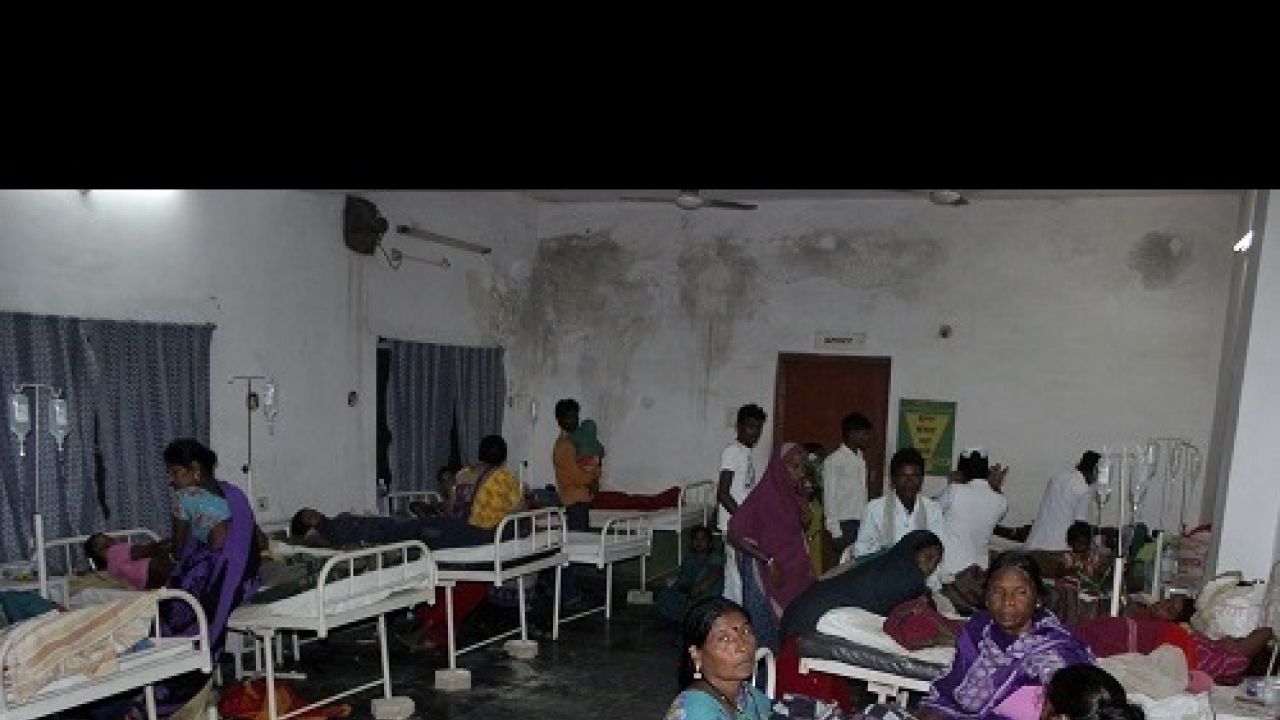Play all audios:
Women who underwent botched sterilization surgeries at a government mass sterilization "camp" receive treatment at a district hospital in Bilaspur, in the eastern Indian state of
Chhattisgarh, November 10, 2014. Nem Bai was told getting a tubectomy would be an easy process -that she'd be home by sunset, a few hundred rupees richer and back to work in the fields
within two days. Instead, the 35-year-old mother-of-five was incapacitated within hours of having the surgery at a mass sterilisation camp in the Indian state of Chhattisgarh on Saturday,
her widower told Reuters. She was one of 13 women who have died since. "The entire night she was in tremendous pain," said Ramavtar Suryavanshi, while waiting in his village for
his wife's body to be delivered from the hospital. By early morning, when Suryavanshi rushed Bai to a private hospital nearby, his wife was unable to speak. Within 20 minutes of being
admitted to intensive care, she was dead. Dozens more women remain in hospital and 20 are critically ill after the operations performed by a doctor accused of using rusty equipment in a
dirty operating room, highlighting the dangers of the world's largest surgical contraception programme. "They are in a state of shock," said KN Choudhary, a doctor at
Chhattisgarh Institute of Medical Science (CIMS), where several women were being treated. RK Gupta, an experienced doctor, carried out more than 80 surgeries that day at a village family
planning camp in Bilaspur district, police say. Such camps are held regularly as part of a long-running effort to control India's booming population. The cause of the deaths was not
immediately clear, but officials said the victims showed signs of toxic shock, possibly because of dirty surgical equipment or contaminated medicines. "Preliminary reports show that the
medicines administered were spurious and also the equipment used was rusted," senior local government official Siddharth Komal Singh Pardeshi told Reuters. Gupta's mass
sterilisation took less than three hours with the help of two assistants working in a dirty, abandoned private hospital, officials said, and contravened government guidelines to limit such
operations to 30 a day. A seven-member team of doctors from AIIMS arrived in the district of Bilaspur on Wednesday to investigate what went wrong, and the local government registered with
the police a case of causing death by negligence against Gupta. Local media said Gupta blamed medicine the women had been later given and denied making any mistakes. He could not be reached
by Reuters for comment. STATE OF SHOCK Many of the women received payments of 1,400 rupees ($23) for having the surgery, officials said. Health workers also received smaller payments for
bringing women to the camp. "I would have been happier if they gave her the right treatment instead of giving her the money," said Suryavanshi, the widower. His youngest child is
three months old, and was breast fed by Bai. Sterilisation is the most popular form of birth control in India. Encouraged by cash incentives, about 4 million people a year undergo surgery.
Almost all are women. Tubectomies are considered major surgeries, but Indian doctors often exceed daily limits. Before guidelines were set there were reports of doctors carrying out as many
as 200 surgeries a day, said Suneeta Mittal, head of gynaecology at Fortis Memorial Research Institute near New Delhi. Operations at the camps are often conducted in minutes, with little
time to maintain hygiene. Nearly 600 deaths were reported between 2009 and 2012, according to the government. Mittal said tubectomies were safe if doctors follow guidelines set by the Indian
government in 2006 and that instruments used needed to be sterilized before treating each patient. The deaths are an embarrassment for Prime Minister Narendra Modi, whose Bharatiya Janata
Party rules in Chhattisgarh. He has vowed to reform India's health system. Modi expressed concern over the tragedy on Tuesday.

